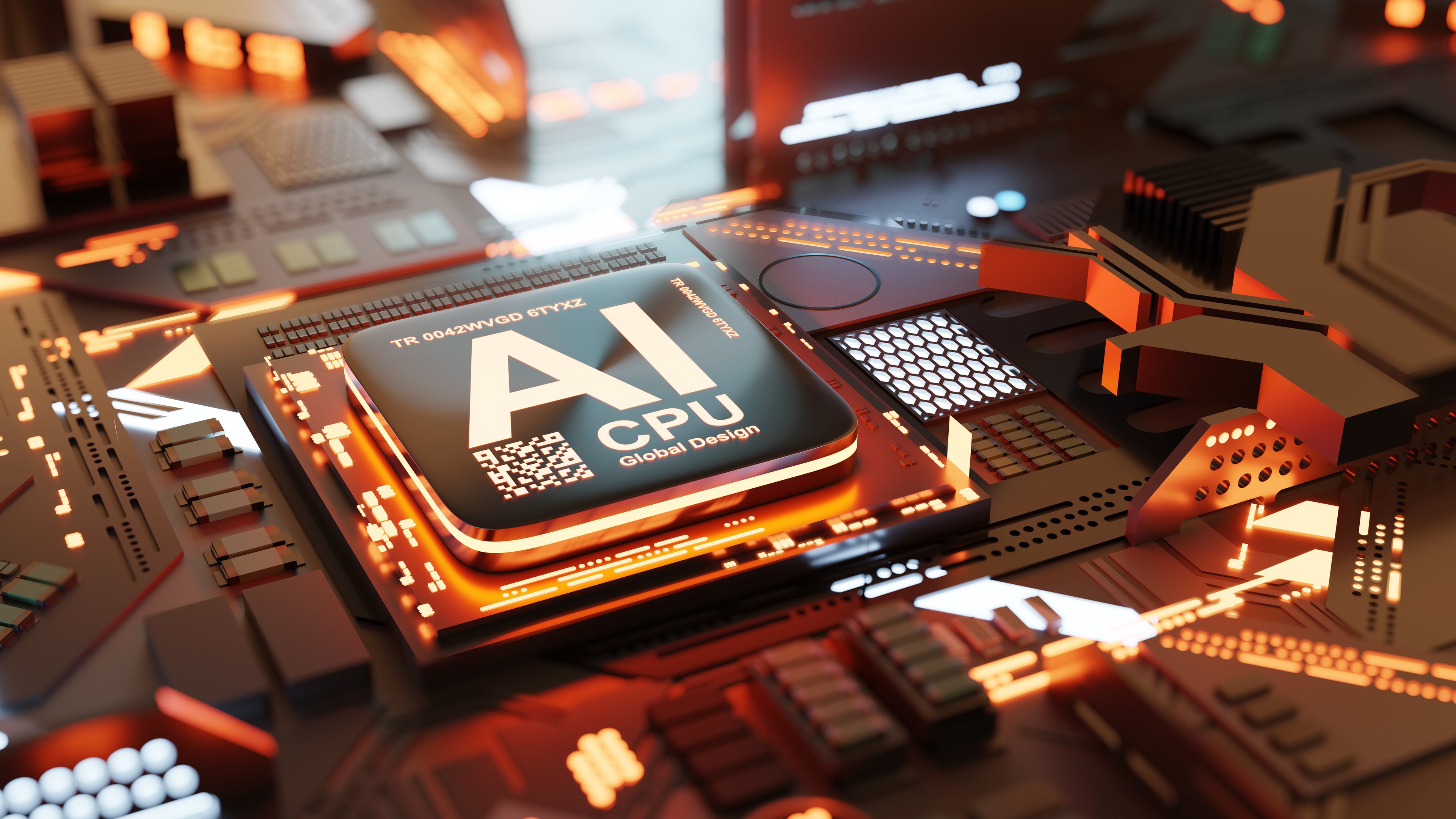Nvidia (NVDA 4.38%) has been a phenomenal investment since the AI arms race began in 2023. The stock is up over 1,100% since then, a return in less than three years that most investors can only dream of. Investors often hunt for stocks that can provide these excellent return levels, and one that many think can repeat it is SoundHound AI (SOUN 5.86%).
SoundHound AI is a leader in combining artificial intelligence with audio recognition technology, which could be a huge application for AI. Could buying SoundHound AI stock now be like buying Nvidia in 2023? Let's take a look.

Image source: Getty Images.
SoundHound AI is already seeing huge success
SoundHound AI's concept isn't really a new idea. Products like Siri and Alexa have already integrated AI and audio recognition, but the results are lackluster. SoundHound AI's product is much more accurate and can even outperform human counterparts in some examples.
Some areas where SoundHound AI's technology has already been deployed are in restaurant drive-thrus and digital assistants in vehicles. Both of these represent large use cases, and if SoundHound AI's products can perform well in those applications, chances are they will do well in others.

NASDAQ: SOUN
Key Data Points
Two areas SoundHound AI is targeting as potential growth areas are financial services and the healthcare industry. There are a lot of over-the-phone conversations that have the potential to be automated by a generative AI-powered agent, which could result in massive cost savings for those who adopt it. SoundHound AI is already capturing customers in the financial services industry, with seven of the top 10 global financial institutions already using its products. During Q2, four of those either expanded their deal or renewed their contracts, showcasing that clients find value in the platform.
All of this strength led to phenomenal Q2 results, with revenue rising 217% year over year to $42.7 million. However, some of that growth came from acquisitions SoundHound AI made, so it's not all organic growth. Acquisitions can skew a company's true growth rate, as they add revenue that wasn't a part of the company when comparing it to previous quarters. When companies go through an acquisition, they often report organic revenue to give investors an idea of how well the existing business is doing alongside the acquisition.
Unfortunately, SouindHound AI's management team chose not to do that, although they did reveal that it was above 50% for the quarter. They also noted that they expect 50% or greater organic revenue growth for the "foreseeable" future. That's a strong, sustained growth rate and echoes what Nvidia has done. So, is this a sign that SoundHound AI is the next Nvidia?
Nvidia's success stems from being used by all AI hyperscalers
Nvidia's graphics processing units (GPUs) are the top computing units of choice for many AI hyperscalers, although they're deployed by nearly every company competing in these spaces. As a result, Nvidia has become a neutral party in the AI arms race by supplying the computing unit, rather than trying to win it outright. While there is rising competition in the industry, it's still the top dog.

NASDAQ: NVDA
Key Data Points
SoundHound AI could become similar, as it provides clients with the tools they need to transform audio signals into prompts for AI models. It's not dictating what clients use that model for; it's just providing the tools necessary. This is a powerful business model, and with SoundHound AI's technology looking like it's the best in its class, it could be following in Nvidia's footsteps, in a different field.
Time will tell if SoundHound AI lives up to this comparison, but it has the concept and positioning to do so. Furthermore, it's clearly a popular product due to its rapid growth rate, so it checks that comparison box too.
The only caution I have with SoundHound AI is that the stock has gotten quite expensive, trading for more than 50 times sales. This could limit the stock's future upside, but if SoundHound AI's growth is as sustainable as management suggests, it could grow into a massive market beater -- echoing Nvidia's earlier success story.





